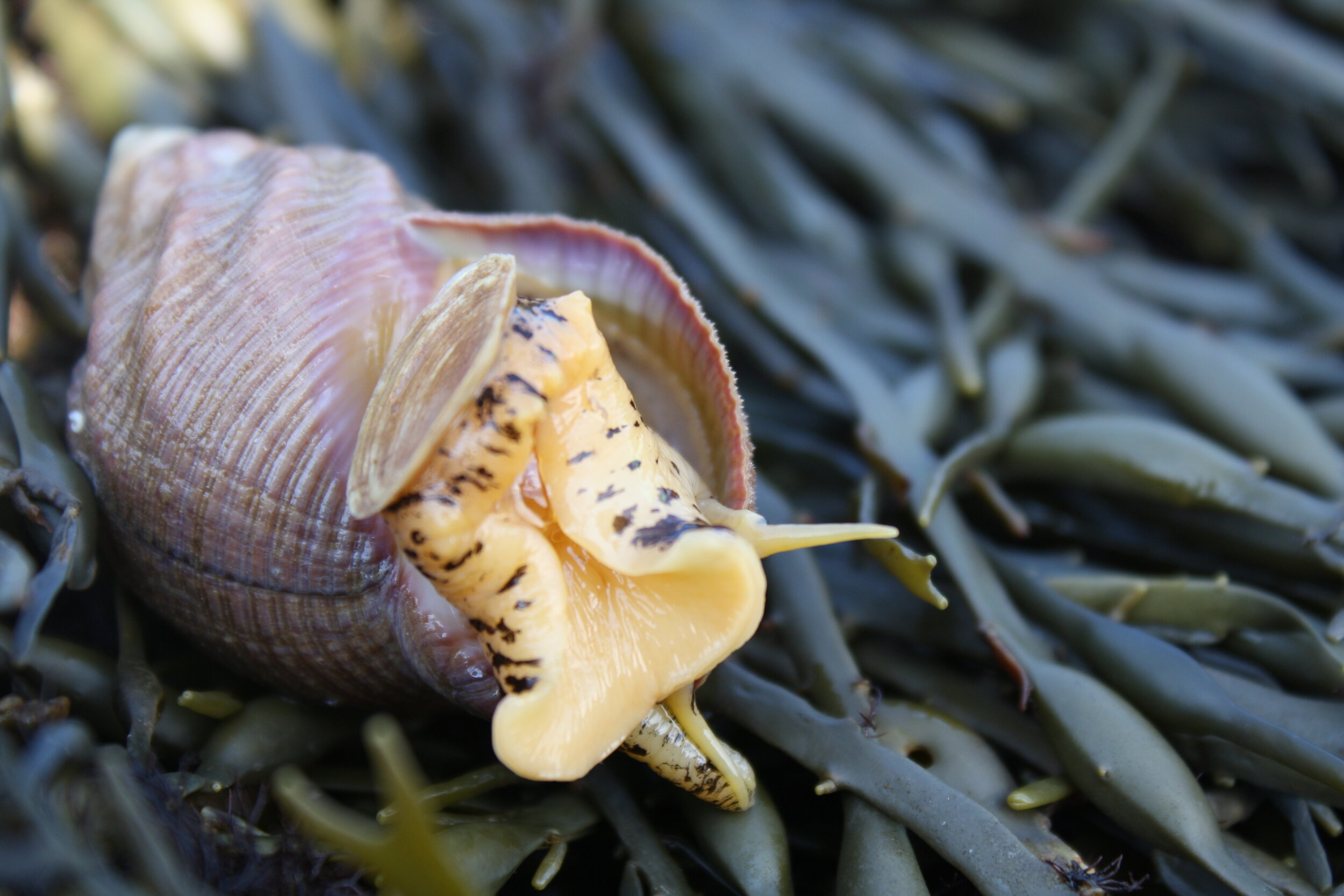Research
The Center for Ecological Teaching and Learning (CETL) is situated at the former Robert S. Friedman Field Station. We are committed to continuing the rich legacy of research that has taken place at the field station for four decades. Since the 1980s, studies at and near the CETL site have tracked changes in populations over time. This work is part of a larger global effort described by the Organization of Biological Field Stations as follows:
Dealing with dramatic and global environmental change is the challenge of our generation. Rising seas, fire, drought, and flood threaten not only human lives and cities but also the underlying environmental processes that make those lives and cities possible. Biological field stations and marine laboratories (FSMLs) place scientists on the front lines of understanding and managing environmental change. The more than 500 FSMLs around the world, and the long-term records they maintain, make it possible to study environmental processes at multiple spatial and temporal scales. These institutions together represent a standing investment on the order of billions of dollars in tangible assets such as land, buildings, and equipment, as well as intangible assets such as social networks, experience, and knowledge. FSMLs are an enormous—and complex—resource, and require planning to meet ever-changing needs. Field Stations and Marine Laboratories of the Future: A Strategic Vision
Our unique ecosystem on Cobscook Bay, which includes terrestrial, intertidal, and marine habitats, has been the source for many research projects by both students and professional biologists. We are excited to continue to support that work.
Already several college professors and students have used our site as an access point for their coastal research. We are engaged with nonprofit partners to monitor the impact of an illegal 2021 commercial rockweed (seaweed) harvest on our land. We also monitor long term ocean temperature in our cove, and we have given permission for some local clam conservation projects on our shore.
Dr. Tom Trott was the research associate at the field station from 1999 through 2016. His article, Cobscook Bay Inventory: A Historical Checklist of Marine Invertebrates Spanning 162 Years, has given us the clearest picture yet of the populations of the bay, including discovery of new species, and tracking invasive species and extinctions. Dr. Trott’s research has informed efforts to restore native species. Cobscook Bay Inventory: A Historical Checklist of Marine Invertebrates Spanning 162 Years
Much research was conducted by Suffolk University undergraduates as part of their field courses. Some of these data were analyzed and reported, such as the paper presented by former field station director Dr. Carl Merrill and student Alice Wynn. Fluctuation in population densities of intertidal Littorine snails in Cobscook Bay, Maine from 2000-2016
The National Science Foundation has provided grant funding to support students of electrical engineering at the field station. Their projects have included developing renewable energy sources at the site. Electrical Engineering Scholars at Suffolk University
CETL welcomes college students, faculty, and researchers to explore this fragile ecosystem, and continue this important research.

